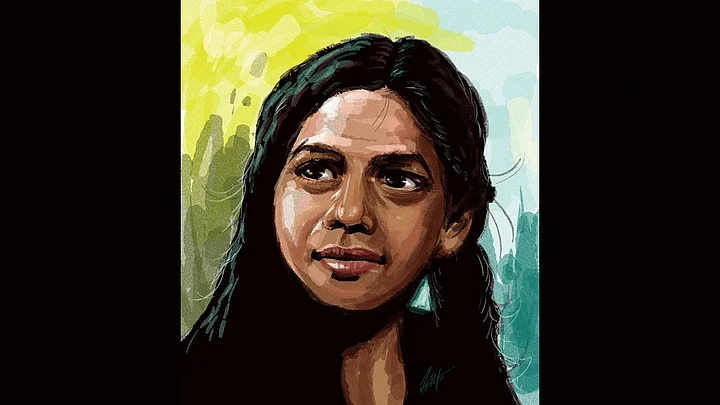In an interview to the Indian Express on May 19, Justices Markanday Katju and Gyan Sudha Mishra recount how they had to walk a tightrope between law and morality while deciding Aruna Shanbaug’s case.
Law speaks the language of rights, in clear, concise and precise terms, while morality (which itself belies any singular definition) has inherent subjectivity built into it. There is also the factor of sharp polarisation, which gets aggravated when the debate involves matters of life and death.
Mercifully, matters of faith and religion didn’t come in and muddy the waters in Aruna’s case. Not that there wasn’t a possibility that it would, for all over the world, litigation over the right to die has always witnessed bitter fights over the meaning and interpretation of religious doctrines, tenets, beliefs and sentiments. Politicians are only too happy to jump on to the bandwagon and try turning the debate into a speeding campaign vehicle.
When Religion Gets in the Way
The most recent, and shocking example is the case of Terri Schiavo in the US. She was a Catholic, and because of a cardiac arrest, was reduced to being brain dead, with no scope for recovery. Her doting parents insisted that she be kept alive on ventilator support till her last breath, while her husband, equally loving, wanted her suffering to end sans any further ado or delay.
The religious organisations and clergy also barged their way into what was essentially a private dispute, if that’s the term for it, and turned it into a torrid public spectacle. And Jeb Bush, the Governor of California, manipulated the issue in a manner which earned him nationwide condemnation.
Cases in India
In India, the situation is more complex because although most faiths prohibit suicide because it’s considered to be violent, they are silent about physician-assisted suicide since although it does cause or hasten death, it also brings an end to excruciating pain and suffering. There’s no clear answer in Hinduism, as philosopher Namita Nimbalkar pointed out in a 2007 paper on bio-ethics. One could also say that since only passive euthanasia is legally permitted in India, religions would be more hard pressed to find a confluence between modern medical practices and beliefs that are supposed to go back to thousands of years.
The definition of suffering itself varies between religions, and here the Jain practice of Santhara (where people tired of the world consciously fast unto death) becomes relevant. In the community, some like Nikhil Soni, who moved the Rajasthan High Court in 2006, consider it nothing but suicide and demand that it should also be penalised under Section 309 of the IPC which criminalises attempts to commit suicide. Theologians disagree, saying that it is an act of spiritual liberation. Nothing came of that case, and anyway, it did not take into account that a lot of those in a permanent vegetative state are completely unable to consent.
The Secularism Hurdle
“Secularism” provides another challenge. It is trite that the freedom of religion is not unlimited, and no religious practice can breach the limits of the constitution. But no community has ever accepted this willingly, and have instead fought pitched, politicised battles, often among themselves. That our judiciary, while playing pandit, padre and maulvi, has often interpreted religious texts in a deficient manner, has created more problems and added to the mess.
As the PIL demanding the right to a living will awaits adjudication, one can only hope that unlike in the case of Section 377, religious outfits, organisations, and self- proclaimed sages and pontiffs keep away. Otherwise, the consequences would be too heavy to bear, and especially cruel to those whom fate have already dealt crushing blows.
